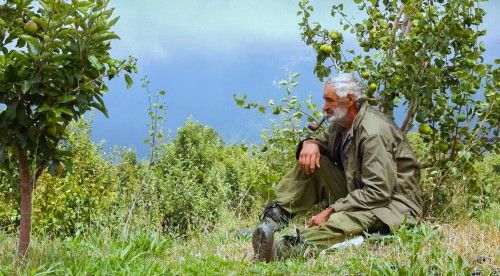Young social entrepreneurs making waves with water-saving manual washing machine in IDP camps in Iraq – The Washing Machine Project
In March 2019, Navjot Sawhney and Alex Hughes, both engineers and co-founders of the fledgling social enterprise The Washing Machine Project conducted research into clothes-washing habits across four IDP camps in Northern Iraq. Only 40% of IDPs living in the camps had access to an electric washing machine, meaning the majority of families still wash their clothes by hand. 
In fact, of the 79 Yazidi families interviewed during their research in Chameskyu, Esyan, Shekhan, and Kanke camps, Sawhney and Hughes found that each family typically spends more than 12 hours a week hand washing clothes.
Many women also reported using chlorine or other chemical detergents to kill water-based bacteria with the aim of keeping their children safe, but suffered from skin irritation on their hands and arms as a result.






